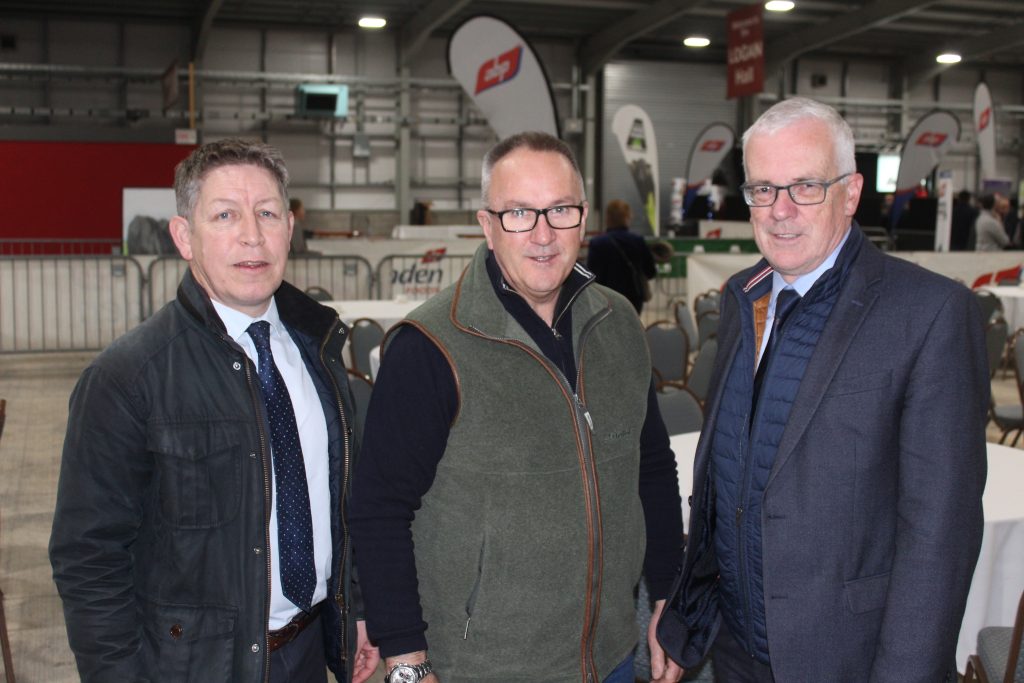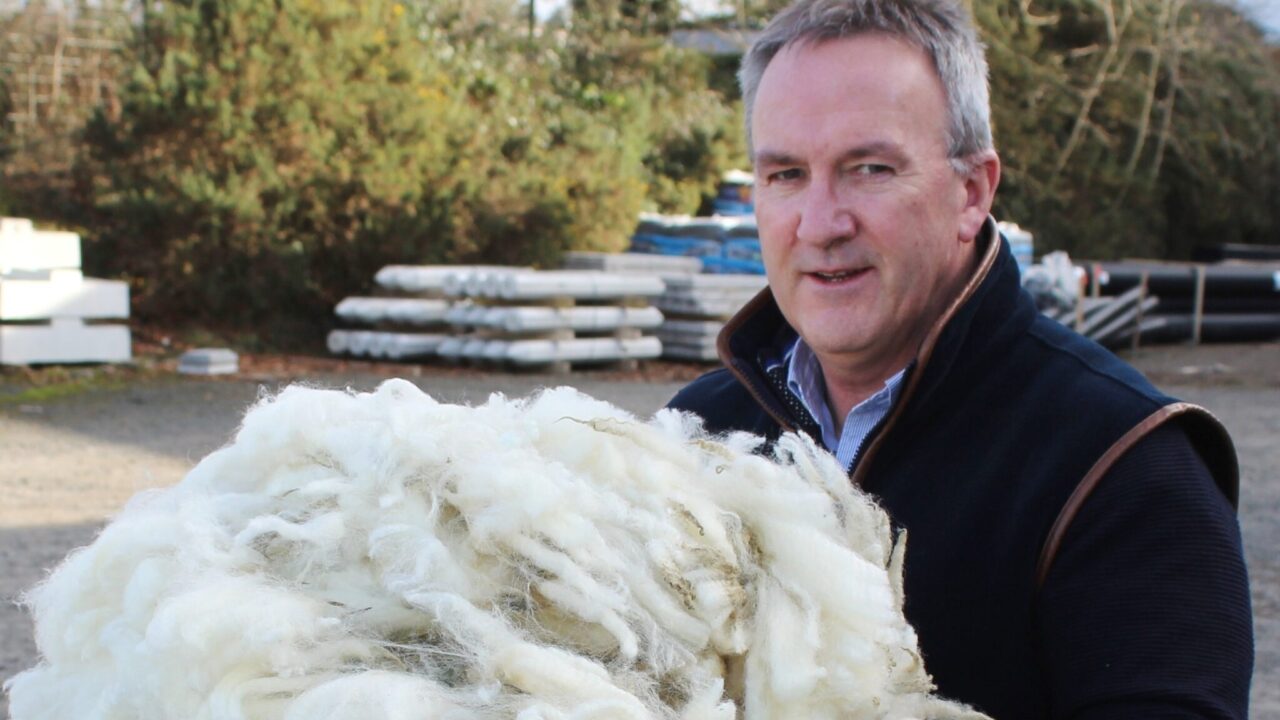International wool prices continue to strengthen at a consistent rate, and there seems every likelihood of this trend being maintained.
This is the strongly held view of Ulster Wool chairperson, Brendan Kelly.
He told Agriland: “International wool supplies have eased over recent months. In part this is due to New Zealand having now sold on stocks that had built up over the Covid-19 period.
“And we are seeing the same trend impacting in the UK and Ireland.
“Ewe numbers have fallen considerably over recent years, leading to a reduction in wool supplies.
“Like all other commodities, wool prices are determined by supply/demand factors.”
Recent months have seen a combination of full clearances and stronger prices paid at British Wool auctions.
Returns at the October events averaged 120p/kg: a 1.5% increase on the previous month.
Ulster Wool
Kelly points to this development as being very good news for those sheep farmers in Northern Ireland supporting the co-operative marketing activities of Ulster Wool.
He explained: “The ongoing rise in wool prices will be fully reflected in the wool prices paid to our farmer-suppliers next year.
“In contrast, those farmers supplying independent merchants with their wool are losing out to the tune of around 50% with regard to the prices they get for their fleeces.”
Meanwhile, the push continues to secure additional support for the sheep sector in Northern Ireland.
Sheep taskforce
Kelly is also a member of the Sheep Taskforce set up to address this matter.
“We are hoping to have a meeting with representatives from the Department of Agriculture on these matters in the run-up to Christmas,” he said.
“The current position is not tenable. We are already seeing that sheep farmers south of the border are to receive sheep welfare monies equivalent to €30/ewe in 2026.
“This is the level of support which Stormont agriculture minister Andrew Muir should be agreeing for the sheep industry in Northern Ireland.”

The Ulster wool representative also feels that something must be done at government to encourage more effective generational renewal within the sheep sector.
“The introduction of Inheritance Tax will have the polar opposite effect,” he stressed.
Kelly highlighted the importance of attracting young people to the sheep sector in Northern Ireland.
“I know that breeding ewe and finished lamb prices are holding up well at the present time,” he said.
“But we need to see many more young people commit to a career in sheep.
“There are large tracts of ground across Northern Ireland that are only suited to sheep production.
“My concern is that much of this land will be allowed to revert to scrub if something is not down to reverse the current downturn in sheep output.
“This is bad news for both production agriculture and the environment,” the Ulster Wool chairperson said.

